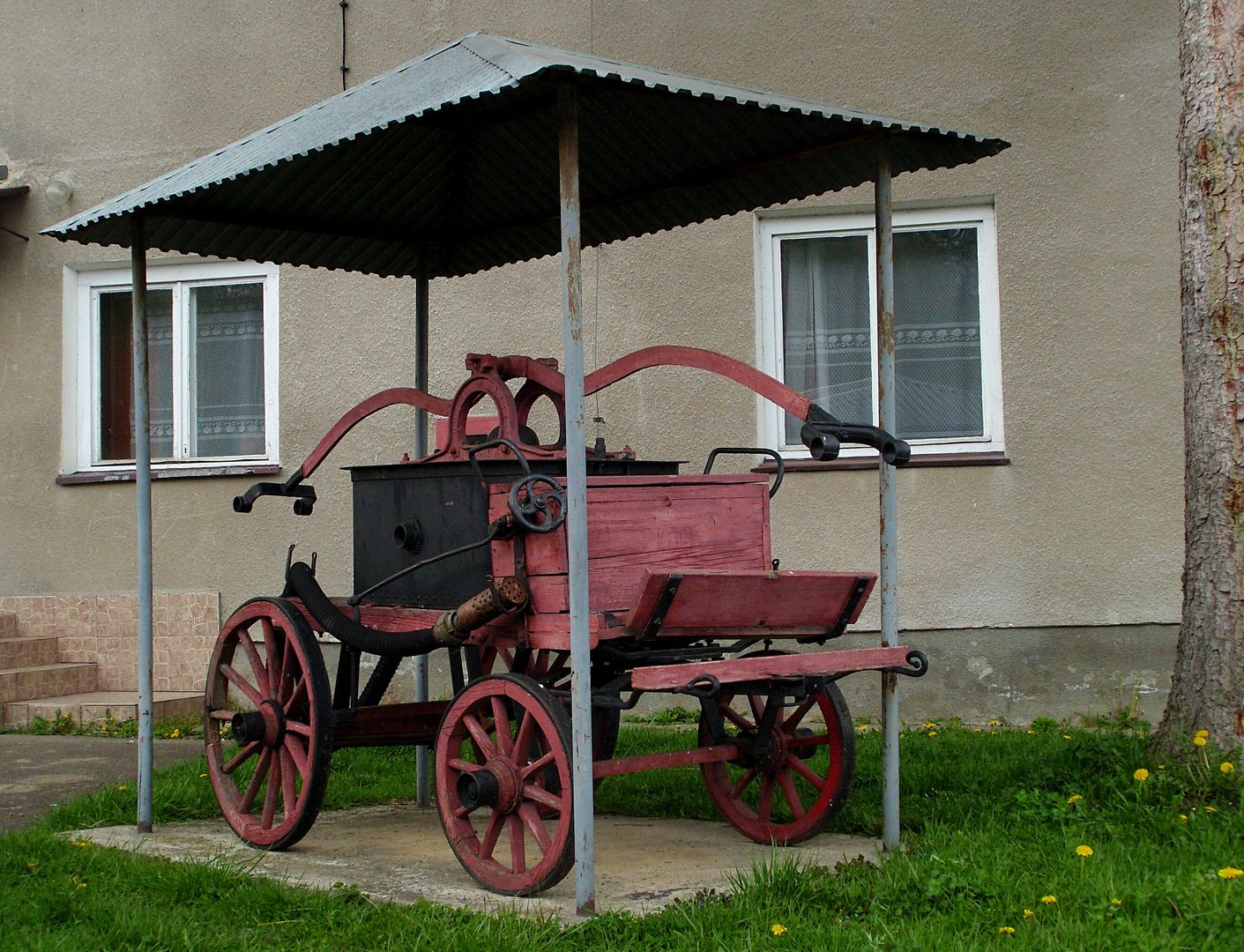Upper Bączal
6.57

Overview
Bączal Górny is a village located in the Podkarpackie Voivodeship, in Jasło County, within the administrative district of Skołyszyn. It boasts a rich history dating back to the Middle Ages. Situated in the microregion of Mount Liwocz, the village is characterized by the beautiful landscapes of the Ciężkowickie Foothills and the Low Beskids. Bączal Górny is known for its unique flora and fauna, including rare protected plants such as the white helleborine and the marsh helleborine, as well as the presence of wild animals like beavers and storks.
Tourist trails run through the village, including the Jasielski Wine Trail, which passes through local vineyards such as the "Dwie Granice" vineyard. The history of the village likely dates back to the years 1370-1378 when it was established under Magdeburg Law. Over the centuries, it was royal property and later belonged to the nobility, including the Bączalski family. A significant cultural element is the Parish of St. Nicholas and the Name of Mary, which has its roots in the 14th century.
Bączal Górny features numerous historical monuments, such as wooden houses from the late 19th and early 20th centuries, crosses from World War II, War Cemetery No. 28, and a historic horse-drawn fire engine. Between 1944 and 1945, the village was a site of Resistance Movement activities, and in 1942, a tragedy occurred involving the execution of Jewish families.
Today, the village is a hub of activity for local organizations, such as the Volunteer Fire Department, and hosts cultural events like the Cyklokarpaty mountain bike marathon. Architecturally, it is distinguished by historic chapels and a statue of the Virgin Mary. Thanks to its convenient location and rich tourist offerings, Bączal Górny attracts both residents and tourists, offering them the opportunity to connect with nature and history.
Location
2026 Wizytor | All Rights Reserved